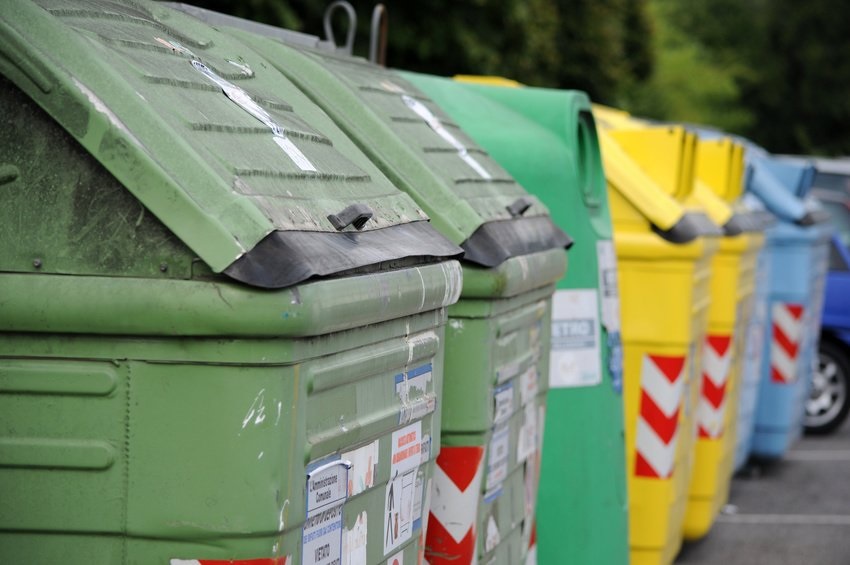Understanding the lifecycle of waste and recyclables after they are placed in a dumpster is critical for responsible waste management. When you opt for a local dumpster rental, you’re not just disposing of items; you’re initiating a process that can have various environmental impacts. Let’s explore what happens to the contents once they leave your site and the role local dumpster rental companies play in this process.
The Journey of Dumpster Contents
Once collected, the contents of a dumpster embark on a journey that varies depending on the type of waste, local regulations, and the policies of the local dumpster rental company.
Sorting and Processing
The first step in the journey often involves sorting. While some items might head directly to a landfill, others could be destined for recycling centers or specialized disposal facilities. The sorting process is crucial for minimizing the amount of waste that ends up in landfills and maximizing recycling and reuse.
Landfill Disposal
Despite efforts to recycle and reuse, a significant portion of dumpster contents may still end up in landfills. Here, waste is compacted and buried. While local dumpster rental companies strive to minimize environmental impact, landfill disposal remains a common fate for many items.
Environmental Considerations
Modern landfills are designed to minimize leachate and methane emissions, but the goal is always to reduce the amount of waste reaching these sites through effective waste management and recycling practices.
Recycling and Repurposing
An essential part of the waste management process involves identifying materials that can be recycled or repurposed. Many local dumpster rental companies collaborate with recycling centers to ensure that as much material as possible is diverted from landfills.
The Role of Recycling
Recycling not only conserves resources but also reduces greenhouse gas emissions associated with manufacturing new products. Materials like paper, cardboard, metals, and certain plastics are commonly recycled, giving them new life in different forms.
Special Disposal for Hazardous Materials
Not all items can be disposed of in standard landfills or recycling centers. Hazardous materials require special handling to prevent environmental contamination and protect public health.
Identifying Hazardous Waste
Local dumpster rental services often provide guidelines on separating and disposing of hazardous materials, such as chemicals, batteries, and electronics, ensuring they are treated at facilities equipped to handle them safely.
The Importance of Responsible Waste Management
Choosing the right local dumpster rental service is just the first step in responsible waste management. By understanding what happens to dumpster contents after disposal, individuals and businesses can make informed decisions about sorting waste and selecting disposal services that prioritize environmental sustainability.
Making Informed Choices
Selecting a dumpster rental service that actively participates in recycling and responsible waste management can have a significant impact on reducing your environmental footprint. It’s essential to inquire about their waste processing practices and choose services that align with sustainability goals.
Conclusion
The fate of items placed in a dumpster is determined by a complex process involving sorting, processing, and, whenever possible, recycling or repurposing. By working with a responsible local dumpster rental company and adhering to best practices in waste management, you can ensure that your waste has the least environmental impact. Remember, every item disposed of has a potential next step in its lifecycle, and through conscientious waste management, we can all contribute to a more sustainable future.

